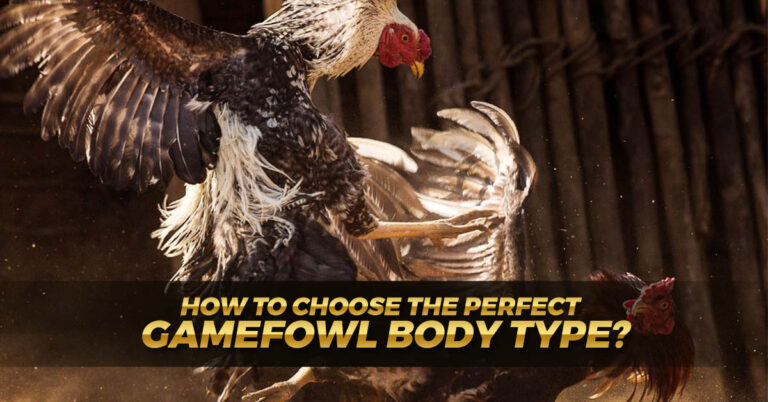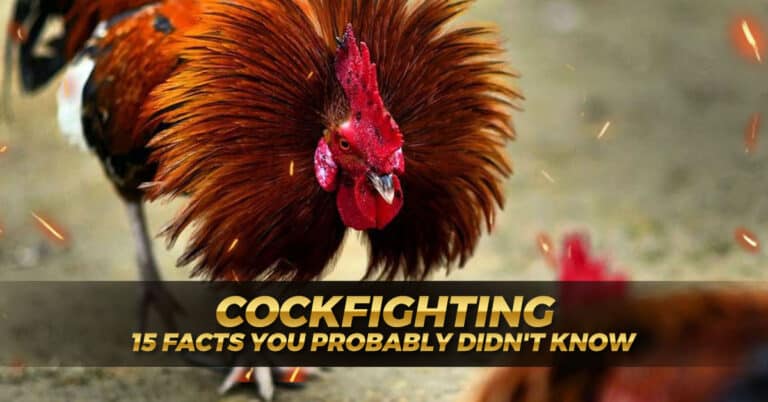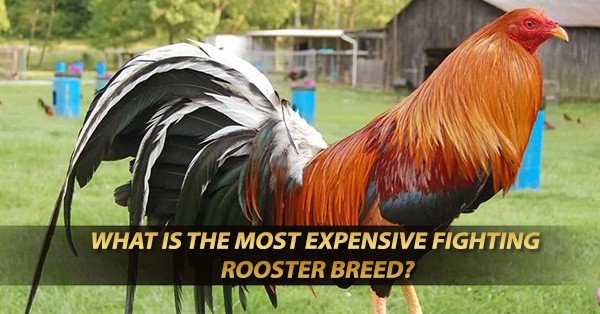Proper ways of Gamefowl Harvesting, Hardening and Cording
It’s time for gamefowl harvesting. A month earlier than anticipated, we have begun harvesting. We would credit the flock’s rapid growth rate, early maturity, and general well-being to better health circumstances. This is because the Sabong international game fowl raising method is being used effectively.

Gamefowl Harvesting
Breeders take the stags in the range during harvest time each year. It ranks among the season’s most rewarding moments. At this point, caregivers should concentrate on the range region. They should keep an eye out for boisterous stags that need to be killed right away. Additional precautions should be used in the very early morning and late in the day. These times of day are when stags typically engage in combat. Some stags opt to fight back when it is too dark to tell which stags are higher up the pecking order. whilst under attack. This logic also holds on days when it has rained because stags may appear strange when they are wet.
The facilities and activities required when stags are harvested must also be prepared now. It would be preferable to leave the stags in the cord region for maturation if we are not planning to compete against them in the stag derbies. All that is required of us after the stag is harvested is to delouse, de-worm (preferably with natural de-wormer), and confine them to a limited space to tame them. The stags can become accustomed to the tie cord by alternatively placing bogus tie cords on their legs. Transferring the stags to the cording area is possible once they have been tamed and are ready.

Gamefowl Hardening
To guarantee the gamefowl’s optimal performance in the cockpit, hardening is crucial. It increases the bird’s mental toughness and fighting spirit while also enhancing its physical strength, endurance, and disease resistance.
Physical preparation 1. For two months, I scratched for ten minutes. During two months of sparring three times per week, I gained about one meter in length while losing about three meters. Hand fighting

Sparring Schedule Importance Sparring should be set at various times, but in particular from 7:00 PM to 11:00 PM because this is when our rooster has the hardest trouble waking up. Make sure this is being practiced, especially for those who wish to participate in the Stag/Cocks Derby.
Appropriate conditioning/21-day hold. Day 1 to day 5 Training • Feeding same as pre-con; you can add egg white 1/4 per cock/stag; Scratching increases to 15 minutes between 1:00 pm and 4:00 pm; Hand sparring after scratching; Gentle Massage after every training Supplement Red Cell and Electrogen D+ added to feeds or given to water
Supplements like Ganador Max are administered between 1:00 and 3:00 PM when the rooster begins to crow.
Day 6 to Day 10 Training Day 6 to Day 10 Training Scratching increases to 20 minutes from 3:30 a.m. to 6:00 a.m. or 1:00 p.m. to 4:00 p.m. Hand sparring follows scratching. The gentle massage follows each training session. Supplement Red Cell and Electrogen D+ added to feeds or given to water.
Day 11 to Day 15 Training Feeding, scratching, and hand sparring all take place during this time. Day 11 to Day 15 Training Feeding, scratching, and hand sparring all take place during this time. Day 11 to Day 15 Training Red Cell and Electrogen D+ supplements are added to feeds or provided to water.
Day 16 to Day 20 Training: Feeding is the same as pre-con, but you can add one-fourth of an egg white per cock or stag. Scratching is reduced to five minutes between three and six in the morning, to which you can add two minutes of kahig.
Feeding: pellets + grains Tapering out Day 1 – Bexan XP 0.5ml Day 4 – Ganador Max Day 7 – Bexan XP 0.5ml Day 8 – Energel Day 10 – Ganador Max Day 13 – Bexan XP 0.5ml Appropriate Conditioning/21 Day Keep.
Gamefowl Cording
The act of cording involves fastening a cord or string to a gamecock’s leg. In a cockfight, this is done to regulate the gamecock’s movement. The handler of the gamefowl holds a wooden or plastic handle that is connected to the cord that is tightly knotted around the gamecock’s leg.
To stop the gamecock from fleeing or escaping during a battle, cording is used. Also, it enables the handler to restrain the gamecock’s movements and stop it from hurting either itself or its adversary.

The tie gamefowl cord is where the cocks spend the most and longest of their time throughout their entire life. Tie ropes are a standard feature of teepees and other shade structures of all shapes and sizes, including those constructed of coconut or banana leaves, rubber tires, lumber, concrete, and even concrete. There may not always be a requirement for artificial housing to go with the tie cord, as trees and other plants might give natural shade. Better tie chord length is greater cord length. But, four feet of the roosting pole and two meters of tie cords are plenty to accomplish the task.
The tie chain allows the cock to wander around all day long or fly to the roost anytime it pleases, which provides basic exercise. The cocks exercise their legs, wings, and other muscles at tie ropes. Roosters maintained in close quarters are far less animated and content than those at the tie cords. Tie cords need to be shaded enough to prevent the cock from being overexposed to the sun’s heat, which could kill it. To shield the hens from the sun or rain, teepees are typically used as artificial shade. In order to avoid standing water, tie-cords should be placed in grassy areas, preferably in areas that are naturally cold.
Rotate the roosters regularly, preferably after each round of sparring, such as every three days or once every week. If placed in a different location, the rooster gets more active. Also, more tie cords are preferable to roosters. Fresh tie cords and the greener ground will be rotated as a result. Moreover, tie cords are used in the conditioning as a component of rotation.
Conclusion
The efficient and effective gathering of the birds is one of the hardest tasks in gamefowl farming. Gamefowl must be caught, sorted, and processed to be harvested, which may be a difficult and time-consuming procedure if done incorrectly. But, you may speed up and improve the procedure with the correct gamefowl harvesting system.










